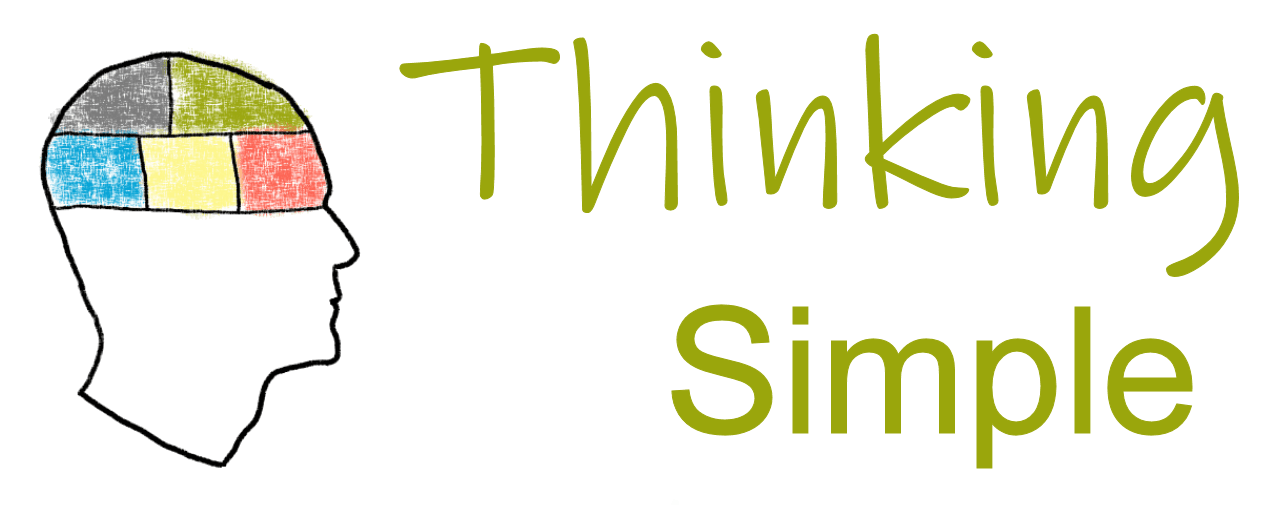
Step 2: Minimise Controlling Interventions
It is hard to have a mutually respectful relationship while one person is attempting to control the other. Even harder if you're both attempting to control at the same time.
Learning to live without the need for overt controlling interventions is key to being a Respectful Parent.
Key Points:
- There are three steps to respectful parenting:
- It starts with our frame of reference - we need to remember that children are people too, with all the rights that that entails
- Next, we need to minimise overt controlling interventions - to establish a world of invisible boundaries where our children feel free to be themselves
- Finally, we need to go beyond love, even unconditional love, to something much more difficult, genuine understanding and appreciation
- Above all, being a respectful parent is about learning to control ourselves more and understand our children better
History seems to be littered with stories of how badly human beings can behave towards each other when one group, or individual is trying to control another.
Is that because all the good examples are too boring to be worth telling, or because our instincts lead us to do some pretty dreadful things?
I suspect it's a bit of both.
Whatever history has to teach us, the reality is that our modern world appears to expect higher and higher standards of behaviour.
I believe the same should be true of parents.
As adults we all live in a world of abundant rules and regulations, where the punishments for transgression can be severe. Yet, most of us have never read a rule book and we go about our daily lives completely free of interference and overt controlling interventions.
We know the boundaries are there, but we can't see or feel them. We are effectively free to control our own lives and make our own choices.
Why should it be any different for a child?
It is part of our role as parents to create the rules and regulations for our children. Establishing and reinforcing them is a big responsibility.
Just like society at large, the rules and regulations we establish for our children should be fair, considerate, consistent and firmly established.
The boundaries should be so well known as to become invisible.
Once set up, there should rarely be the need for day to day controlling interventions.

It is a world where the control is divided clearly between parent and child.
A world characterised by a sense of generous spirited authority.
In this world, our children feel free to be themselves. They develop their own sense of responsibility at an early age. In this world, days, even weeks can go by without the need to step in, negotiate, or overtly control and certainly where there is never any need to threaten, punish, bribe or admonish.
In my experience such a world is entirely possible.
The concepts, principles and techniques are simple to understand.
Unfortunately, that doesn't make it easy. Eliminating overt controlling interventions requires us to reverse many of our natural instincts and develop considerable self-control.
For example, we need to:
- ignore everything that screams out for attention and give positive attention when we feel least able to
- stop quietly and wait when we're desperate to step in and control
- remain calm and receptive when they are not
- find ways to be generous even when the answer is 'no'
- teach behaviour by example and positive attention, not by lecture
- forbid ourselves from ever using bribes, threats and punishments
- and, accept our role in shaping our children's behaviour rather than blaming them for it
You can read more about what drives child behaviour, the simple techniques needed to eliminate controlling interventions and how to adapt them to your personality and parenting technique in other articles.
There is no doubt that creating a world of invisible boundaries without overt controlling interventions takes time and effort. Getting even part way there is a fantastic achievement that is certain to reap rewards for years to come, but respect can go further still, which brings us to step 3.
If you are an existing parent then everything starts by developing a heightened awareness of your existing parenting style. Spend as much time as you need just asking yourself:
- what's causing me to step in and control?
- what's driving my child to behave the way they are?
- what alternative approaches are there?
- how will I adapt the techniques to my own circumstances and personality?
Increasing the quantity and quality of attention you bring to your parenting will already set the ball rolling. How much further you then want to take it is up to you to decide.
If you're a new, or prospective parent, your role in the early days is to prepare yourself for that inevitable first moment when you're exhausted, stressed, emotional and about to follow your instincts!
By learning what we as parents do to shape our children's behaviour and the simple techniques for avoiding the inevitable pitfalls then you'll be well on your way.
If we can find the strengths in our children we can learn to appreciate their differences and support them to become the best they can be.
Created 26/09/2018
Last Updated 19/01/2019

